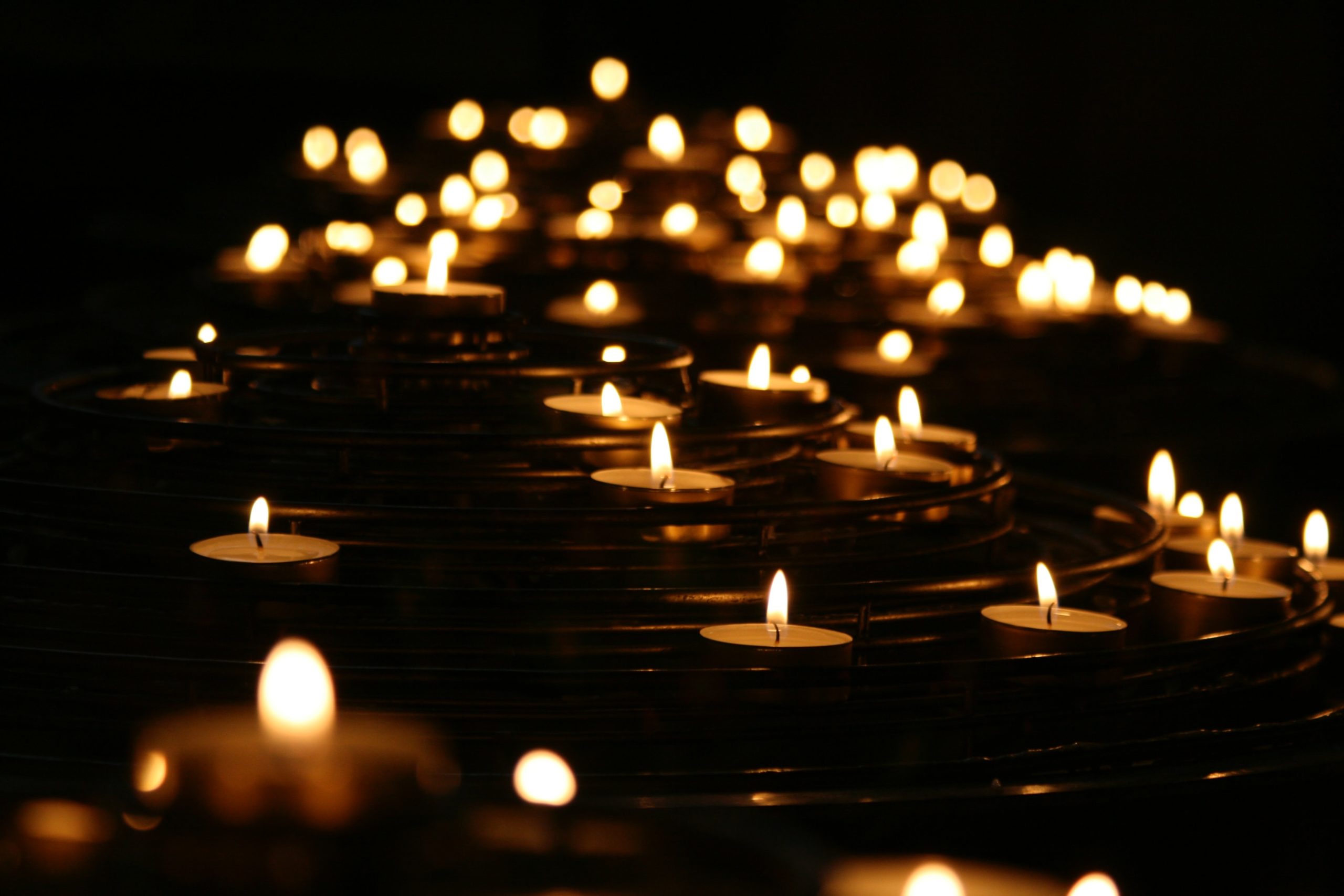by Candy Conino
Black Lives Matter. How do we respond to this urgency? What actions can we take to deal with the fact that FGNA has few members of color and the clientele of our members is equally homogenous?
As Feldenkrais® practitioners, we’ve learned and we teach a process of sensing, feeling and exploring our way toward efficient and potent action. Make no mistake, the intention is to act! We begin our process with a scan. We direct our attention and appreciation to examine our current relationship with ourselves and the environment. We go on to explore small and gentle variations in action, pausing to reflect afterward on how each one created a shift in our organization. We know the enormous power of this process to create change.
As we acknowledge our readiness to create change in our professional organization, perhaps we can begin with a scan. We can reflect on our attitudes and values, both as individuals and as an organization. FGNA’s Feldenkrais Practitioner Profile (FPP) includes a list of Attitudes and Values, listed below. This list was not created by FGNA, but rather was collected from experienced practitioners during a decade long international social research initiative called the IFF Competency Project.
Attitudes and Values
During the San Francisco Training, June 20, 1977, Dr. Moshe Feldenkrais said:
“…To be able to, …, give each person in each session what they need and would like to have even if the person does not know that he needs it. The person may only know that he is in pain or that he doesn’t like himself. It doesn’t matter if he doesn’t like himself. What is important is that you get the person to begin to love himself, not just like himself. If you achieve that, you are worth your weight in diamonds. If you take a person who hates himself, has no confidence, and make him feel that he can love himself. He feels he can begin to rely upon his own self and begins to have self-confidence enough to stand on his feet. Well, who can do that? No politician, no millionaire can. You can’t buy that for money. Yet, you may be able to do it and that means that you are richer than any of those. And, a very funny thing. Wherever you go in the world, you will find that you are needed, without exception.”
Underlying the knowledge, experience, and situational memories that synthesize into competence, there are Attitudes and Values that are fundamental to Feldenkrais practitioners and are reflected in their interactions with clients. These Attitudes and Values infuse every aspect of a Feldenkrais practitioner’s professional life and include:
- Being present
- Learning how to be gentle with and care for oneself
- Respecting the individuality of human beings
- Maintaining the highest ethical and professional standards as stated in the national codes of conduct
- Communicating clearly
- Recognizing the potential in all human beings
- Orienting to the process of learning and doing rather than working towards a goal
- Creating situations in which client(s) are motivated to learn
- Initiating exploration of self-organization, self-perception, self–image and learning to learn to become self-determined
- Respecting that clients are responsible for their own learning processes
- Preserving professional relationships
- Respecting and accepting the dynamics of client/practitioner relationships
- Engaging in ongoing self-reflection
- Valuing life-long learning
- Appreciating and supporting the potential for creativity, authenticity, flexibility, curiosity, openness
On Wednesday, July 8 (2020) at the next Zoom Café, we invite you to join us as we explore our relationship to these Attitudes and Values. We have been reflecting and have found some points of inquiry and discussion. This is simply a beginning point, like a scan. We welcome your input and participation.
- Being present:
- How do you allow yourself to fully attend to yourself and empathize with the suffering of another human?
- Does it feel different when you are attending to a client vs attending to a rude grocery clerk?
- Does action toward “fixing” the global suffering with donations or community meetings or slogans feel like resolution or a means of closure?
- Learning how to be gentle with and care for oneself
- Do I have a clear image of what it means to be gentle and caring for oneself. Do I judge others for acting according to a different image?
- Respecting the individuality of human beings
- Does respecting individuality mean all humans are equal?
- Are all humans equal?
- How does it feel to accept that historically some humans were treated as chattel?
- How does it feel to accept that this distrust, fear, disdain ,and rejection of those people has been perpetuated right under our noses and we forgot to notice and stop it?
- Maintaining the highest ethical and professional standards as stated in the national codes of conduct
- Have you read the FGNA Code of Conduct? How do you feel when you reflect on each item? Is it strong enough for you today?
- Communicating clearly
- How do you communicate your respect for other humans? Have you ever discovered that your good intentions were received in exactly the wrong way? How was that for you?
- Are you as clear in your non-verbal communications?
- Are you sure about your interpretation of the non-verbal communications of other human beings?
- Recognizing the potential in all human beings
- How do you recognize and communicate potential?
- Do you have a hierarchy of potential? A way of ranking more to less potential? A way of ranking the kind of potential that you see in someone?
- Orienting to the process of learning and doing rather than working towards a goal
- How can we stay in a lifetime process of sensing, feeling and learning with Black Lives Matter?
- Creating situations in which client(s) are motivated to learn
- How do we discover what someone else wants, needs, and is ready to accept? How do we judge them for their readiness or willingness to change? How do we create the conditions for learning for another without a demand for certain kinds of results or improvement?
- Initiating exploration of self-organization, self-perception, self–image and learning to learn to become self-determined
- When another human lives according to a completely different value system than ours, under what conditions do we determine that they are inadequately informed or educated or able? What shifts us to celebrate they are potent and self-determined? How do you discern the difference?
- Respecting that clients are responsible for their own learning processes
- What happens when we demand changes for another human or group of humans? Do we inquire about their needs and wants first ? Do we listen? Do we respect and honor their answers?
- Engaging in ongoing self-reflection
- What is your contact with the Black Lives Matter issue? Where do you feel grounded and safe? Where is it uncomfortable or painful? Where do you feel no contact at all? Can you self-reflect honestly without jumping to conclusions or judgement for yourself, the issue, or the other’s involved?
- Valuing life-long learning
- What have you learned about yourself relative to Black Lives Matter? Can you be honest and aware of your own insufficiencies? Can you sense and feel without taking action to dull the pain and null the judgement?
- Appreciating and supporting the potential for creativity, authenticity, flexibility, curiosity, openness
- Can you stay curious?

